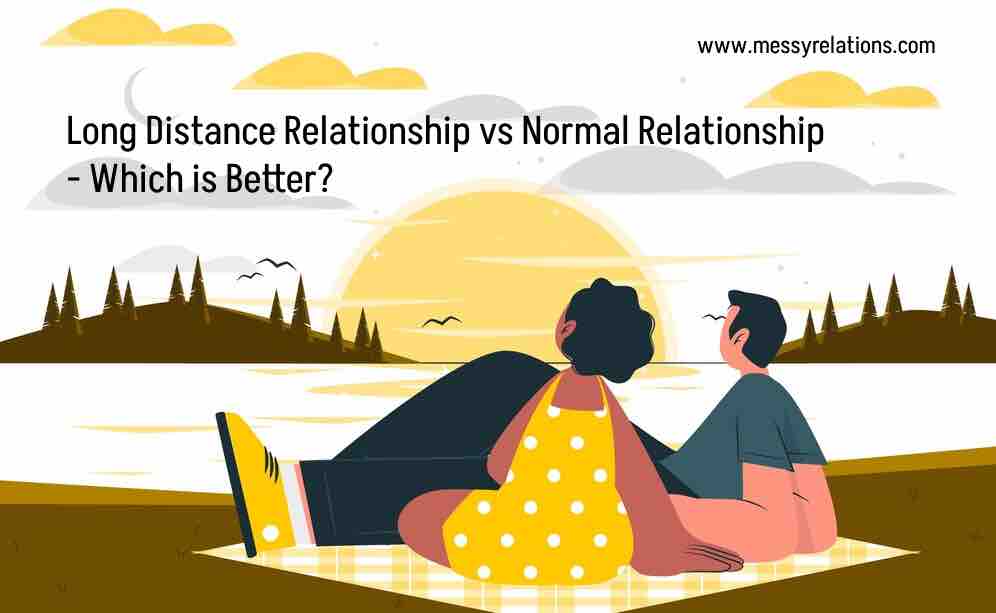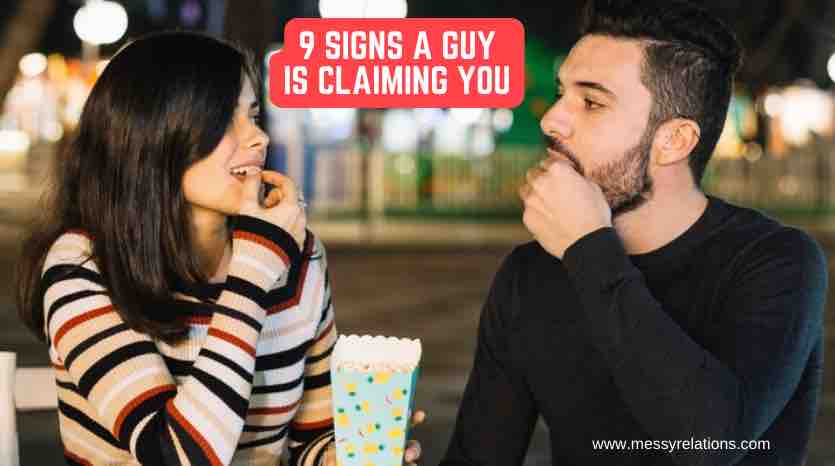Friendship is a fundamental aspect of human life, offering support, camaraderie, and emotional connections.
Recognizing the signs of bad friendships is crucial to maintaining our emotional health and happiness. In this article, we will explore 30 bad friendship signs and provide strategies for dealing with them.
Bad Friendship Signs & How To Deal With It
Bad Friendship Sign
1. Lack of Support
One of the clear indicators of a bad friendship is the absence of support from your friend. Watch out for constant lies, betrayal, or gossip behind your back. If your friend shows jealousy or undermines your successes, it’s a red flag. Friends who only reach out when they need something and disregard your feelings are self-centered. Avoid those who manipulate, disrespect boundaries, or encourage harmful behavior. True friends should be supportive, honest, and respect your individuality.
A true friend should be there for you during both good and bad times. If your friend is not interested in your well-being or does not celebrate your achievements, it may be a sign of a bad friendship.
How To Deal With It
Openly communicate with your friend about your feelings and expectations. If they remain unsupportive, it might be time to reevaluate the friendship.
Bad Friendship Sign
2. Constant Criticism
Constructive feedback is essential in any relationship, but constant criticism without any positive reinforcement can be emotionally draining. A friend who consistently puts you down or belittles your accomplishments may be toxic. If your friend consistently belittles or undermines you, it can erode your self-esteem and confidence. Healthy friendships involve constructive feedback, but relentless criticism is hurtful and damaging. A true friend uplifts and encourages you, not tears you down. If your friend cannot offer support and understanding, it may be time to reevaluate the relationship and seek out healthier connections that nurture your well-being.
How To Deal With It
Set boundaries and let your friend know how their criticism affects you. If they refuse to change their behavior, consider distancing yourself from such negativity.
3. Bad Friendship Sign: One-Sided Relationships
A healthy friendship is built on mutual give-and-take. If you find yourself always making an effort while your friend takes without reciprocating, it’s a warning sign of an imbalanced, bad friendship.
If you’re always the one making an effort, initiating contact, or providing support without receiving the same in return, it’s imbalanced. Your friend may be self-absorbed, only interested in their needs. True friendships involve reciprocity and mutual care. If the friendship lacks genuine interest and concern for your life, it’s time to reconsider whether the relationship is truly fulfilling and healthy for you.
How To Deal With It
Address the issue with your friend and express your concerns. If they fail to change, consider spending more time with friends who value your friendship and reciprocate the effort.
Bad Friendship Sign
4. Manipulation
Manipulative friends often use guilt or emotional tactics to control your actions and decisions. They may exploit your kindness for personal gain, making you feel trapped in the relationship.
If your friend constantly uses guilt, lies, or emotional tactics to control or coerce you, it’s toxic. They may exploit your vulnerabilities for their benefit, leaving you feeling used and manipulated. A genuine friend respects your autonomy and choices. If you sense manipulation, it’s crucial to set boundaries and, if necessary, distance yourself from the friendship to protect your emotional well-being and find healthier connections.
How To Deal With It:
Recognize the manipulation tactics, and firmly assert your boundaries. If the manipulation persists, it’s best to distance yourself from such a toxic friendship.
Bad Friendship Sign
5. Betrayal
Trust is the foundation of any friendship. If your friend betrays your trust by sharing personal information or spreading rumors about you, it’s a significant red flag of a bad friendship.
If your friend betrays your trust by spreading confidential information, breaking promises, or undermining you, it damages the foundation of the relationship. True friends are loyal and dependable. Betrayal erodes the sense of security and can be hard to recover from. If this occurs repeatedly, it’s essential to assess whether the friendship is salvageable and whether it’s in your best interest to maintain ties with someone who has proven untrustworthy.
How To Deal With It
Confront your friend about their actions and evaluate their sincerity in apologizing and making amends. Consider whether this is a pattern of behavior or a one-time mistake before deciding on the future of the friendship.
Bad Friendship Sign
6. Envy and Jealousy
Friends should celebrate each other’s successes and be genuinely happy for one another. If your friend displays envy or jealousy when good things happen to you, it can be damaging to the friendship.
How To Deal With It
Have an honest conversation about their feelings and try to understand their perspective. Encourage open communication to address any underlying issues. However, if the jealousy persists, it might be necessary to distance yourself to protect your well-being.
Bad Friendship Sign
7. Lack of Empathy
A good friend is empathetic and understanding, willing to listen and offer support during difficult times. If your friend is dismissive of your feelings and lacks empathy, it’s a sign of a bad friendship.
How To Deal With It
Talk to your friend about their behavior and let them know how it makes you feel. If they remain indifferent, consider spending time with friends who show genuine care and concern.
Bad Friendship Sign
8. Constant Competition
Healthy friendships are not about competing with each other but lifting one another up. If your friend is always trying to outdo you or diminish your achievements, it’s a bad friendship sign.
How To Deal With It
Address the issue with your friend and express how their behavior impacts the friendship. If they continue to compete, it might be best to distance yourself to maintain your emotional well-being.
Bad Friendship Sign
9. Lack of Respect
Respect is crucial in any relationship, and friendships are no exception. If your friend consistently disrespects your boundaries, values, or choices, it’s an indication of a bad friendship.
How To Deal With It
Communicate your boundaries clearly and firmly. If your friend disregards your boundaries, consider reevaluating the friendship and prioritizing your self-respect.
Bad Friendship Sign
10. Constant Drama
While occasional ups and downs are a part of life, constant drama and chaos in a friendship can be exhausting. If your friend thrives on drama and creates unnecessary conflicts, it’s not a healthy friendship.
How To Deal With It
Encourage open communication and try to understand the root cause of the drama. However, if the pattern continues, consider stepping back from the friendship to maintain your emotional well-being.
Recognizing bad friendship signs is crucial for our emotional health and happiness. A toxic friendship can drain our energy, self-esteem, and overall well-being. By setting clear boundaries and addressing concerns openly, we can either improve the friendship or, if necessary, move on from a bad friendship. Remember that a healthy friendship should be based on mutual respect, support, and genuine care for one another. Surround yourself with friends who uplift and inspire you, and don’t hesitate to let go of toxic relationships that hinder your personal growth and happiness.




